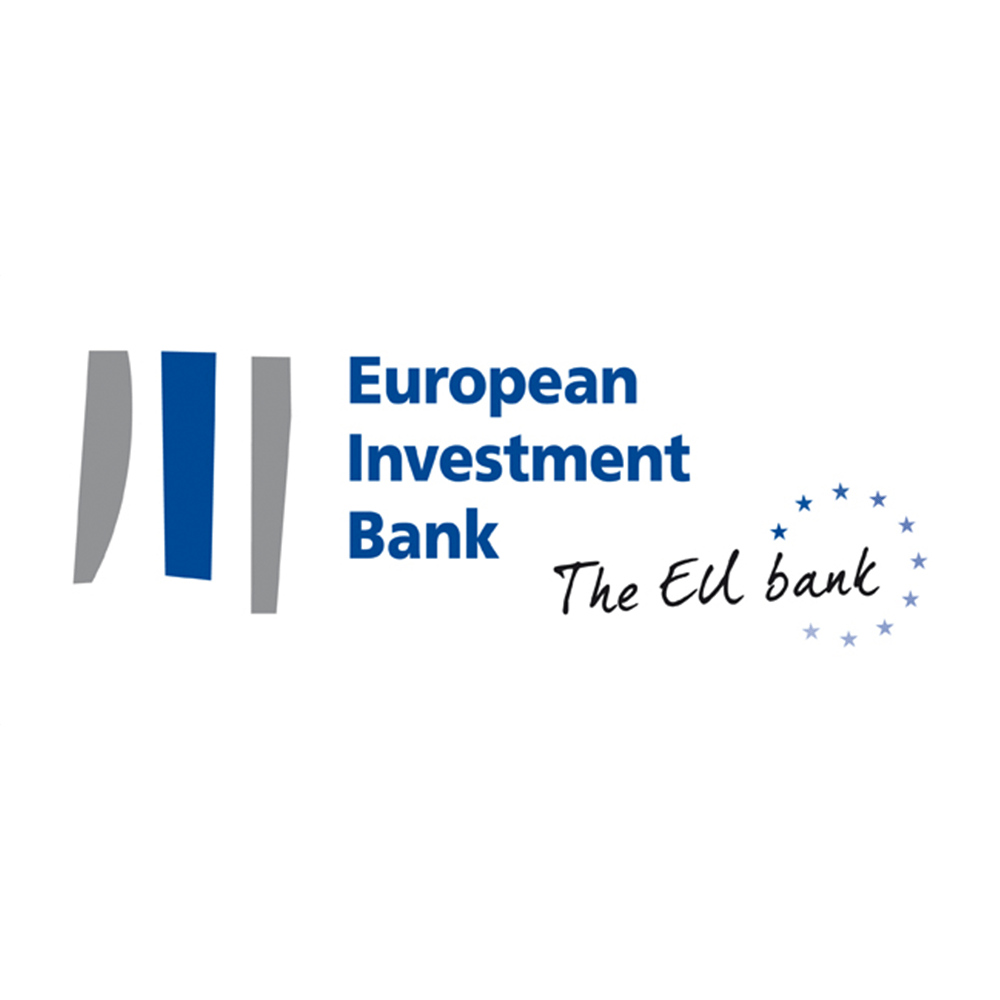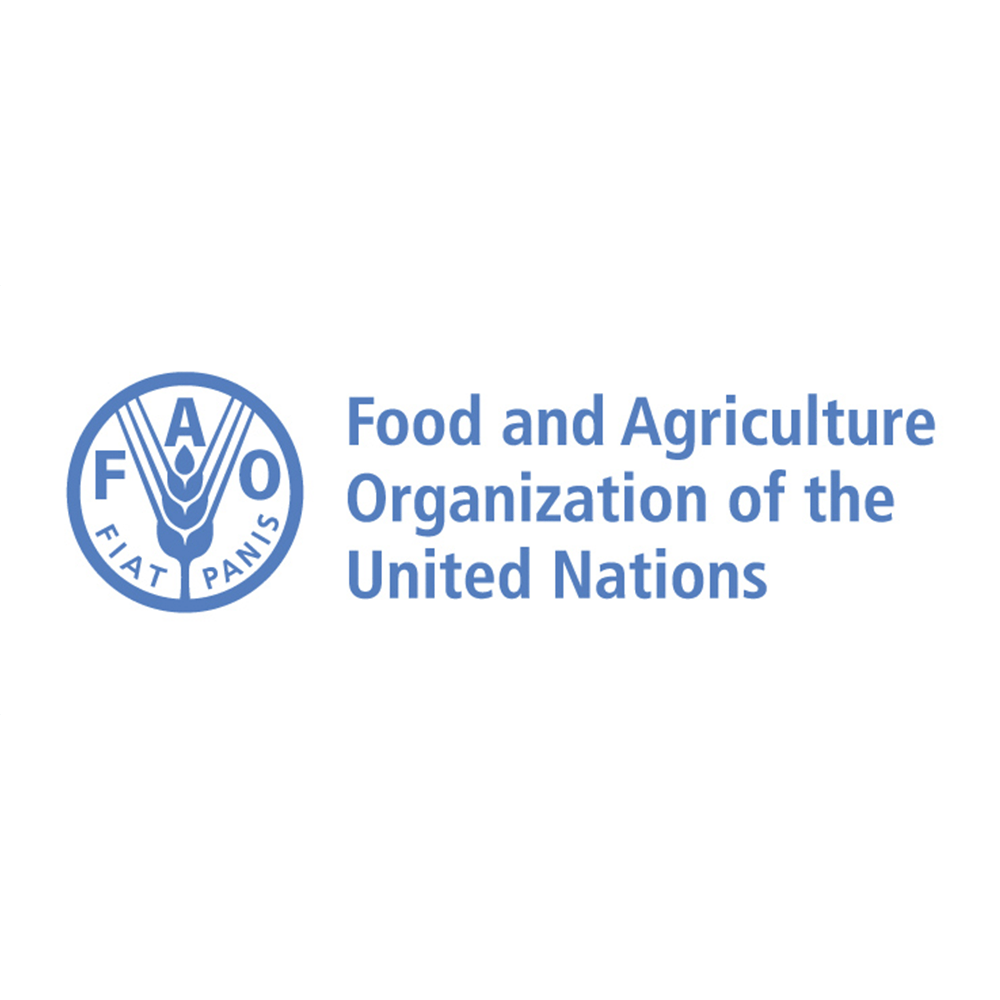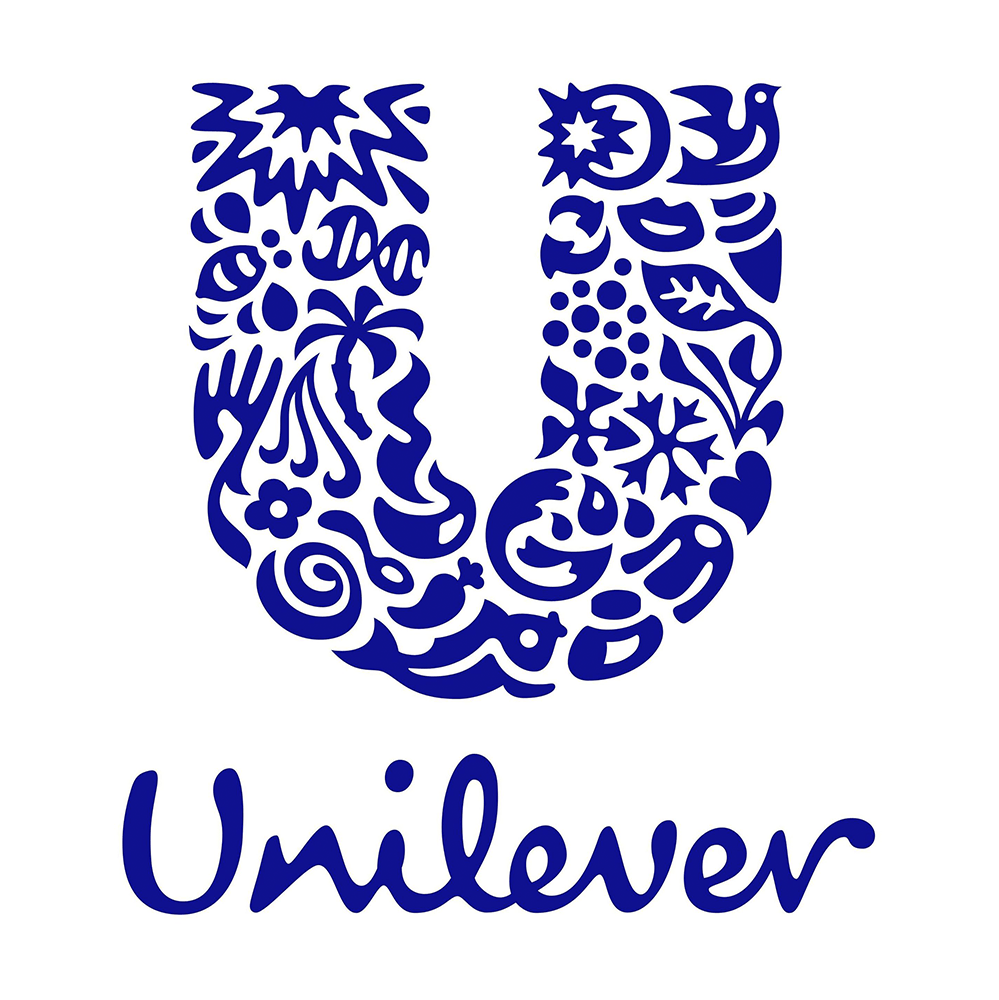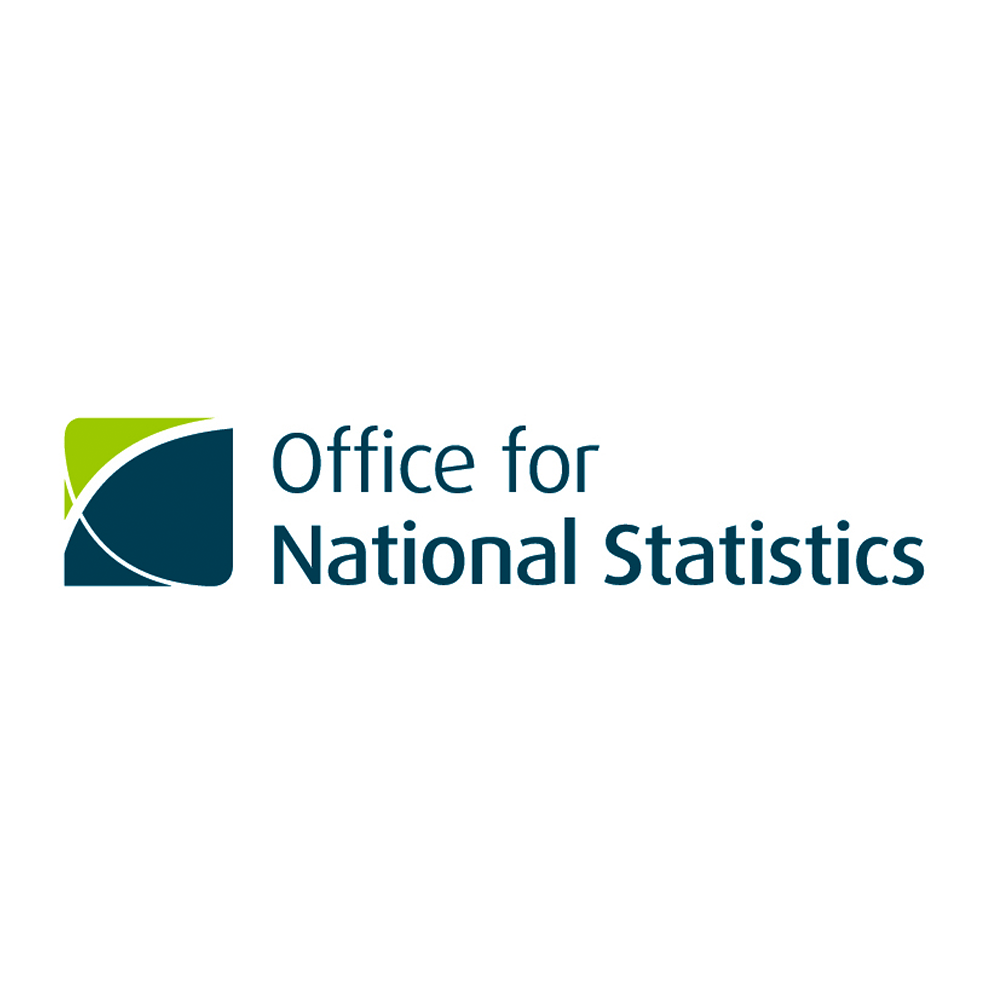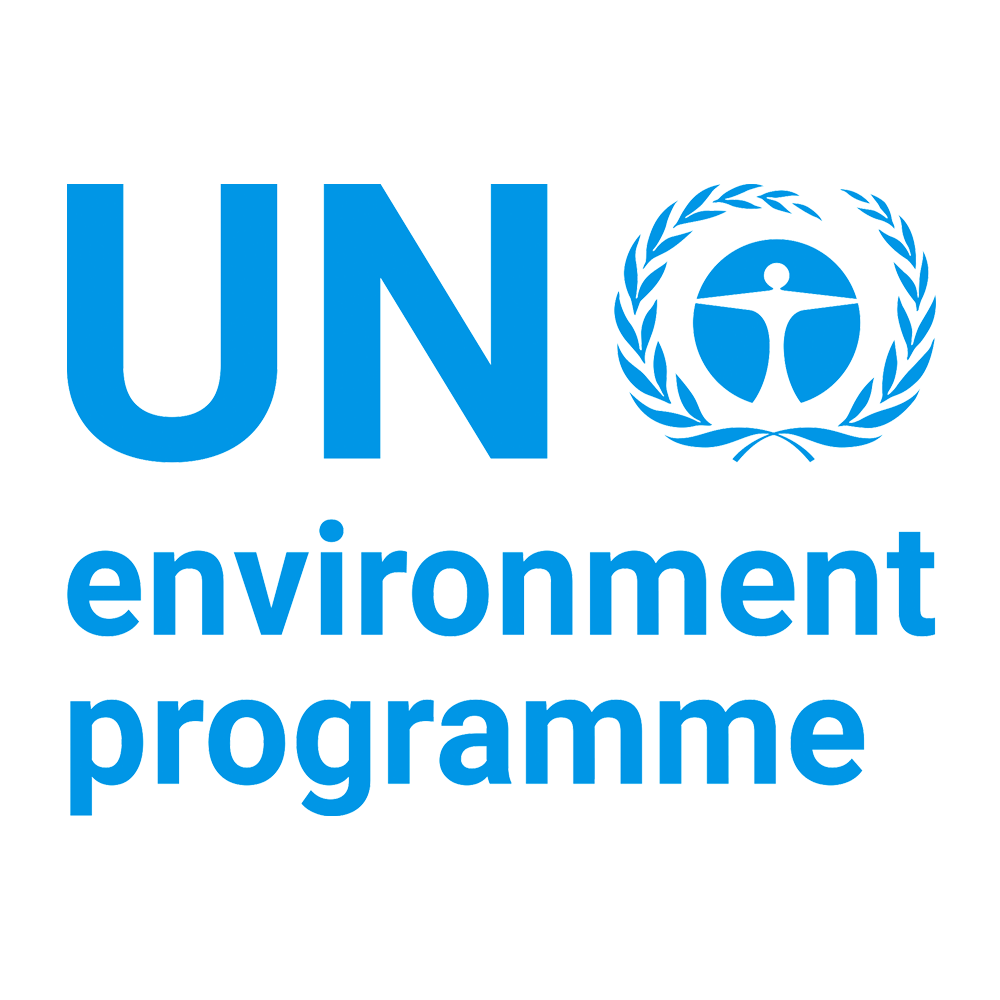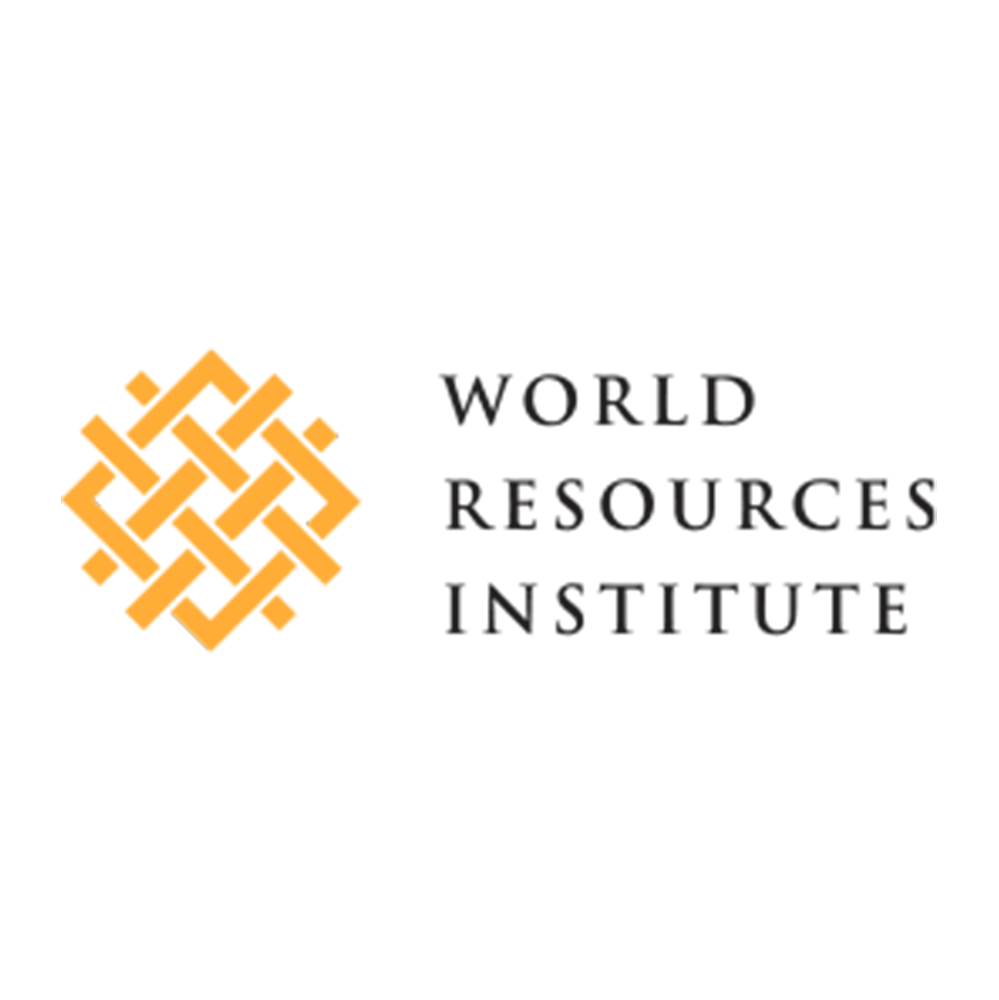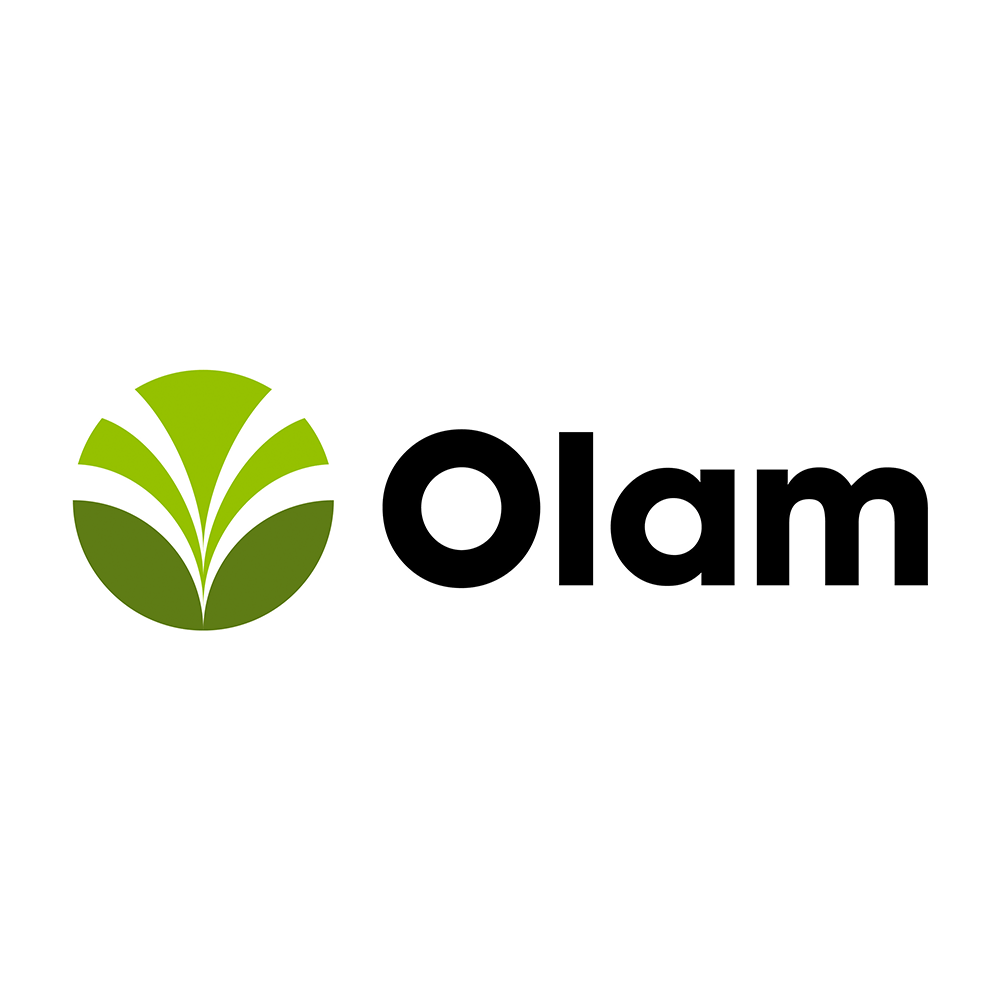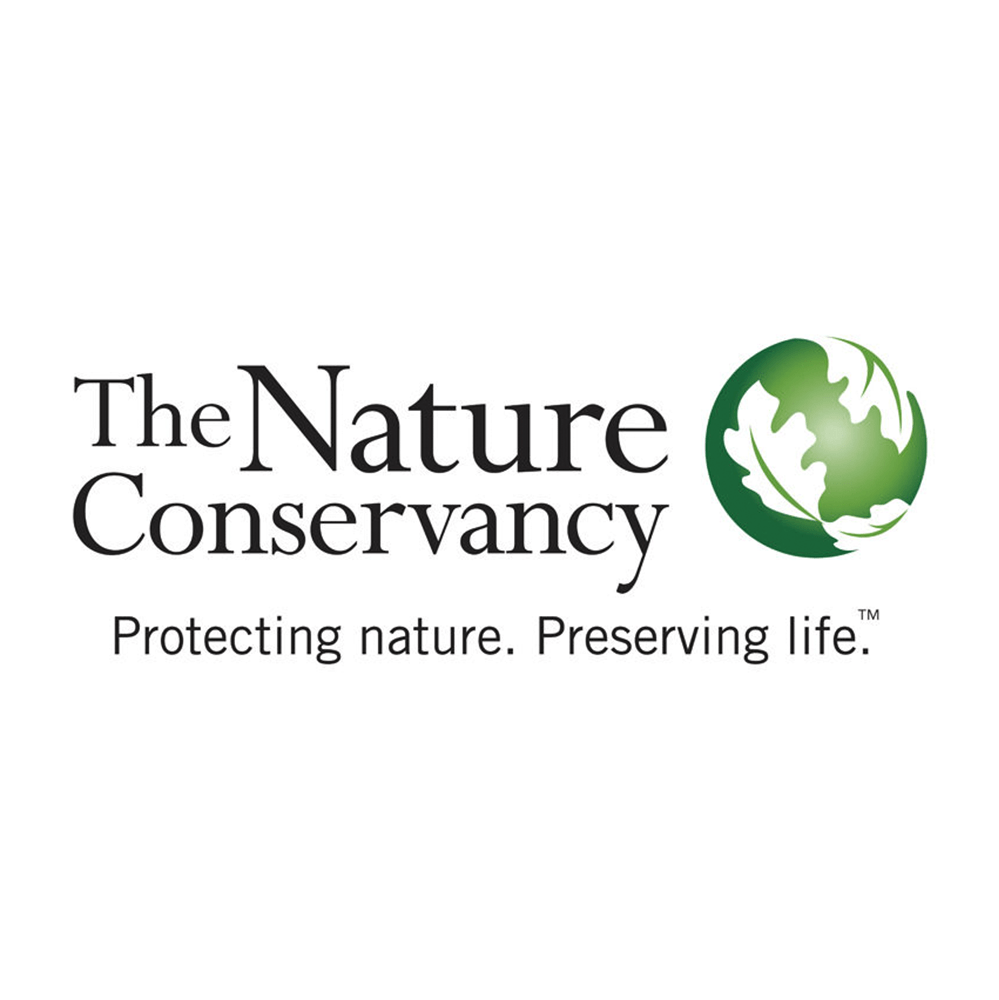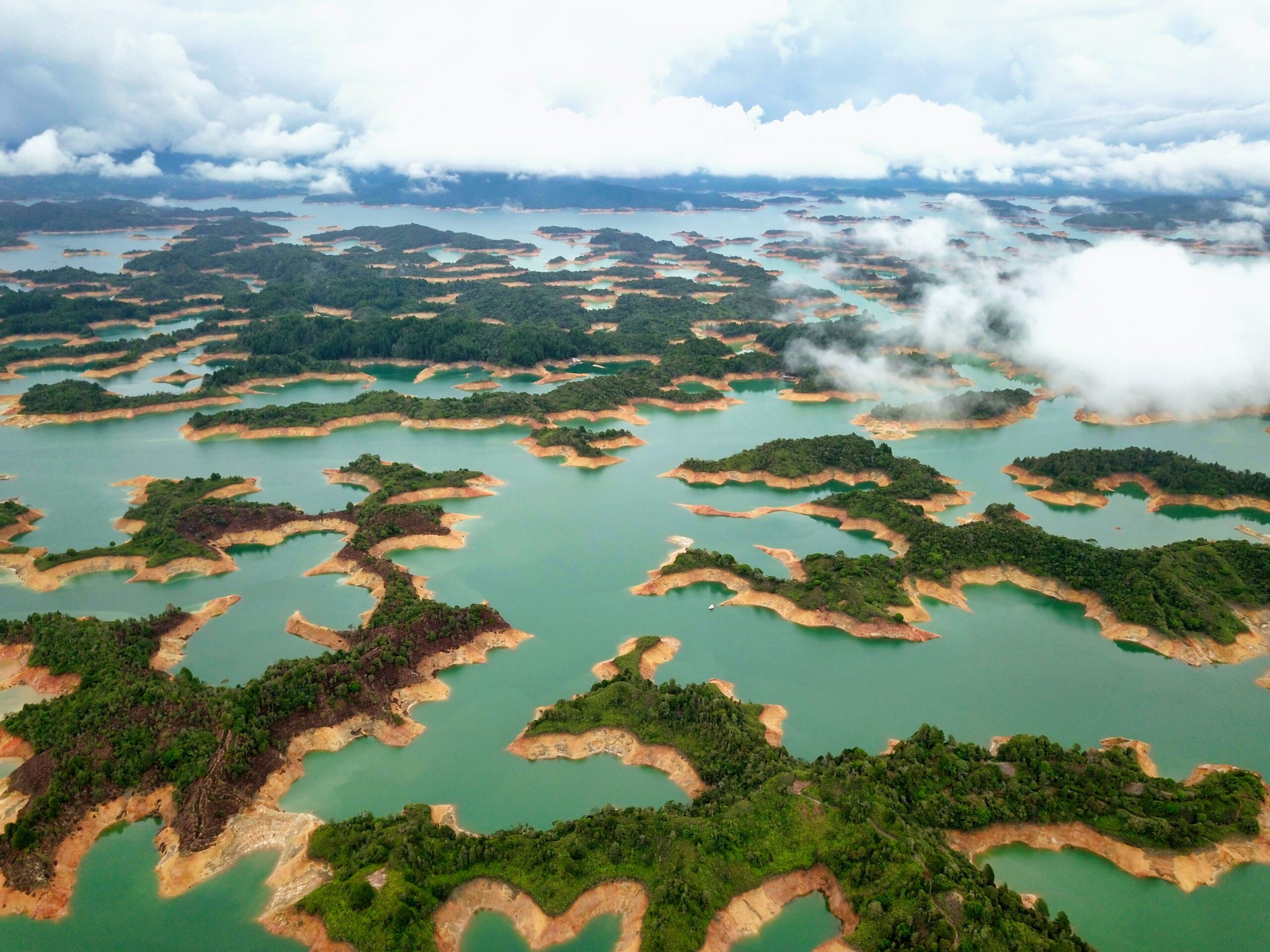Case Studies
The case study database provides an overview of capitals assessments that have been carried out by organizations in the capitals community. Assessments are categorized and can be filtered using the ‘filter by’ and the search functions.
Cases can be submitted by clicking on the button below.
Filter
Location


Broughton Sanctuary

Natural CapitalSocial and Human CapitalIntegrated Capitals
Broughton Sanctuary
 United Kingdom
United Kingdom
Details
The Broughton Sanctuary is an estate in the Yorkshire Dales, England. Historically, intensive sheep grazing led to ecological degradation, impacting biodiversity and increasing downstream flood risk. The project’s vision is to transform this land into a thriving natural landscape, integrating nature recovery with human well-being and a sustainable enterprise model. It seeks to restore diminished ecological processes and functions.Key initiatives include:
Watershed Rewilding: Extensive tree planting for flood mitigation and ecosystem restoration.
Beaver Riverwoods: Reintroduce beavers to create dynamic wetland habitats along Broughton Beck.
Herbiforests: Large herbivores (e.g., cattle, ponies) to drive natural processes, enhance biodiversity, and improve soil health.
Ecoduct (Aspirational): A proposed wildlife crossing over the A59 to boost landscape connectivity.
Supported by CreditNature’s science-led platform, this comprehensive rewilding effort aims to generate verifiable ecological and community impact, exploring innovative financing for long-term sustainability.
Outcome
The Broughton Sanctuary project has been underway for about two years, and the landscape is already showing beautiful and positive changes. This transformative work is a result of strategic interventions and dedicated on-the-ground efforts. Specifically, the project has influenced and is actively demonstrating: Ecosystem Restoration through Keystone Species: The introduction of Iron Age pigs with their natural rooting behaviours triggered a chain reaction of positive changes, restoring natural processes and enhancing biodiversity. Waterway Transformation: Beavers, the “rewilding engineers,” are actively transforming the waterways. Their dam-building activities are proving to be masters of water management, helping to hold water in the landscape, reduce flood risk, improve water quality, and create new wetland habitats that increase biodiversity for fish, amphibians, birds, and insects. Extensive Tree Planting: Tree planting efforts are contributing to watershed rewilding, leading to a healthier and more resilient landscape. All this activity and the resulting ecological uplift are being meticulously captured. The data collected is crucial for informing the Nature Investment Certificates and Nature Credits and vital for establishing a transparent and verifiable nature finance market for the future, demonstrating real, measurable impact from investment in nature recovery.Stakeholder group
Finance
Sector of focus
Multi-sector
Valuation
QualitativeQuantitativeMonetary
Organizational focus
Portfolio – Full portfolio
Natural captital issues
Fresh waterLand and soilClimate and energyBiodiversityWell-being and spiritual/ethical
Social and human capital issues
Access to essential servicesAccess to land and culture
Type of application
Portfolio – Full portfolio
Value perspective
Business and Society
Impacts and/or dependencies
Impacts and Dependencies


KERI (Kilimanjaro Ecosystem Restoration Initiative

Natural CapitalSocial and Human CapitalIntegrated Capitals
KERI (Kilimanjaro Ecosystem Restoration Initiative
 Tanzania, United Republic of
Tanzania, United Republic of
Details
The KERI project, located in the foothills of Mount Kilimanjaro, Tanzania, addresses severe environmental challenges like deforestation, soil degradation, and invasive species. These issues impact the region’s rich biodiversity and contribute to food and water insecurity for the 28,000 community members, especially youth and women.KERI aims to create a resilient landscape that supports both nature and human well-being. Key initiatives include building capacity for agroecological land stewardship among smallholder farmers, implementing regenerative agriculture to improve soil health, restoring riparian corridors with a focus on endangered species like Prioria msoo, and managing invasive species.
This initiative seeks to pioneer Africa’s first Nature Investment Certificates to provide long-term financing for local communities. The project will enable sustained land custodianship, enrich local lives, increase climate resilience, create economic opportunities through nature-based enterprises, and restore vital wildlife corridors.
Outcome
The KERI project, through its active partnerships on the ground, including with Kijani Pamoja and GroundTruth, is demonstrating tangible influences and outcomes, even as the work is still underway. The initiative is serving as a vital demonstration for adapting and refining our NARIA metrics framework in an East African ecoregion, tuning a holistic investment model for nature restoration. Specifically, the project has influenced and is actively working towards: Landscape Restoration: Degraded land is being restored through targeted tree planting, including endangered and endemic species such as Prioria msoo. Habitat Rehabilitation: Wildlife and river corridors are being rehabilitated, addressing habitat fragmentation and building landscape connectivity. Ecological Health: The project is actively improving soil health and water quality by combating high sodicity and compaction. Community Engagement & Livelihoods: Collaboration with local communities ensures interventions are ecologically sound and include local communities in their design and benefits, promoting regenerative grazing practices in partnership with local farmers and pastoralists. Demonstrating Investment Models: KERI is serving as a “living laboratory” to show how ecological evidence, finance mechanisms (like Nature Investment Certificates), and local knowledge can work together to create resilient ecosystems and thriving communities. The ongoing work sets the foundation for an investment-ready project that will not only restore nature but also provide a powerful example of how ecological evidence, finance mechanisms and local knowledge can work together to create resilient ecosystems and thriving communities.Stakeholder group
Finance
Sector of focus
Multi-sector
Valuation
QualitativeQuantitativeMonetary
Organizational focus
Portfolio – Full portfolio
Natural captital issues
Fresh waterLand and soilClimate and energyBiodiversityWell-being and spiritual/ethical
Social and human capital issues
Access to essential servicesAccess to land and cultureEmployment and remunerationSkills and knowledge
Type of application
Portfolio – Full portfolio
Value perspective
Business and Society
Impacts and/or dependencies
Impacts and Dependencies


China Shengmu Organic Milk Limited – Biodiversity and Multicapital Assessment

Natural CapitalSocial and Human Capital
China Shengmu Organic Milk Limited – Biodiversity and Multicapital Assessment
 China
China
Details
Shengmu Organic Milk, the largest organic dairy company in China, produces raw milk through a circular system that integrates crop cultivation and cattle raising in the Ulan Buh Desert. The company operates across the entire dairy industry value chain. Shengmu’s mission is to “revitalize agriculture, strive for excellence, and pursue common development,” with the vision of becoming a leading global brand in the organic milk sector. This report was the first biodiversity-focused report by the China Shengmu Organic Milk Limited. It is a multi-capital assessment pilot established through the TEEB-AgriFood project. The business recognised the importance of biodiversity in food in agriculture, as achieving sustainable development is a key concern for stakeholders. This ambition helps many factors in the Capitals, including global food security and improvement of rural livelihoods. The report provides a detailed mapping of Shengmu’s impacts and dependencies on natural, social, human, and produced capital across all stages of its value chain. It also highlights the quantitative and monetary value generated for both business and society and explains how the company integrates these assessment results into its operational activities and risk management strategies.Outcome
Through its multi-capital assessment, Shengmu can showcase that its interventions in natural, human, social and produced capital results in a total benefit of 376,268.29 RMB. Furthermore, the results of the assessment helped to develop and strengthen corporate strategy and risk management. In December 2024, Shengmu became the first recipient of a green loan from the Bank of China, marking a milestone in China’s sustainable finance sector. The approach enabled Shengmu to identify potential risks and opportunities from a broader perspective of stakeholders. Moving forward the company will integrate the outcomes of the multi-capital accounting into the corporate decision-making processes. Enabling Shengmu to identify potential risks and opportunities.Stakeholder group
Business
Sector of focus
Food and beverage
Valuation
Monetary
Organizational focus
Corporate
Natural captital issues
Fresh waterLand and soilClimate and energyBiodiversityWaste
Social and human capital issues
Employment and remunerationHealth and safetyLabor relationsSkills and knowledgeValue chain relationships
Type of application
Corporate
Value chain
UpstreamDirect operationsDownstream
Value perspective
Business and Society
Impacts and/or dependencies
Impacts and Dependencies


Redeia – Annual Impact Measurement and Management Report “Our Social Value” 2023

Natural CapitalSocial and Human Capital
Redeia – Annual Impact Measurement and Management Report “Our Social Value” 2023
 Spain
Spain
Details
Following the publication of the inaugural report last year, this document presents Redeia’s second consolidated impact study, continuing the detailed examination of the effectsof the Company’s activities during the 2023 financial year. This analysis not only builds upon the foundational methodology established previously but also sets the stage for ongoing evaluation and monitoring, aiming to measure the impact of Redeia’s activities on its stakeholders with increased accuracy.
Outcome
Throughout the analysis, Redeia presented it’s second consolidated impact report, it reflects the efforts of the Company to refine its methodological framework, aiming for precision in assessment of the profound impact it has within the communities where it operates. To achieve meaningful change, firms need to be aware of the full scale of their externalities. From this, Redeia has decided to adopt a series of new proxies, to allow readers an insight into holistic impact of its activities as well as a new and more accurate methodology. “Assessing Redeia’s impacts is crucial for both stakeholders and society at large. Impact assessments inform decision-making, mitigate risks, enhance transparency, ensure strategic alignment, and fulfil social responsibility. They empower Redeia to navigate responsibly and contribute meaningfully to societal wellbeing.”Stakeholder group
Business
Sector of focus
Energy
Valuation
QualitativeQuantitativeMonetary
Organizational focus
Corporate
Natural captital issues
Fresh waterLand and soilClimate and energyOther air emissionsBiodiversityMarine and coastalWasteMaterials and resourcesWell-being and spiritual/ethicalNoise and light disturbances
Social and human capital issues
Access to essential servicesEmployment and remunerationHealth and safetyInclusion and diversityLabor relationsSkills and knowledgeValue chain relationships
Type of application
Corporate
Value chain
UpstreamDirect operationsDownstream
Value perspective
Business and Society
Impacts and/or dependencies
Impacts and Dependencies


ANSA Merchant Bank – “Banking on Nature” Natural Capital Report 2023

Natural Capital
ANSA Merchant Bank – “Banking on Nature” Natural Capital Report 2023
 Trinidad and Tobago
Trinidad and Tobago
Details
In 2019, the ANSA McAL Banking Sector formalised their commitment to Environmental, Social, and Governance (ESG) practices aligned with the role as financiers by prioritising ‘natural capital’. This decision stemmed from the recognition of Nature’s pivotal role in addressing many of the Caribbean’s socio-economic and environmental challenges, and their awareness of the potential risks to our business if overlooked. In mid-2022, the impetus to redefine responsible business practices in the Caribbean was cemented with the formation and launch of the Caribbean Natural Capital Hub, in collaboration with The Cropper Foundation.This Natural Capital Report marks an important first step in our ANSA Merchant Bank’s own journey to assess our natural capital risks and opportunities, and establish a robust strategy to inform our lending and investment decision-making within a sustainability framework. By using the Natural Capital Protocol in conjunction with other appropriate tools. Looking forward, ANSA Merchant Bank will use best-practice valuation and measurement methods to explore these findings and pinpoint the most appropriate avenues for enhancing our business model.
Outcome
Based on the information conducted in the assessment, ANSA Merchant Bank were able to identify the Natural Capital Assets that introduce the highest levels of risk exposure to the business. These are the assets whose continued degradation can most undermine the activities funded. This understanding is central to prioritisation of data collection and follow-up actions within our Natural Capital Risk Assessment Framework and, more broadly, within their ESG Strategy.Stakeholder group
Finance
Sector of focus
Multi-sector
Valuation
Monetary
Natural captital issues
Fresh waterLand and soilClimate and energyBiodiversityMarine and coastalMaterials and resources
Value perspective
Business and Society
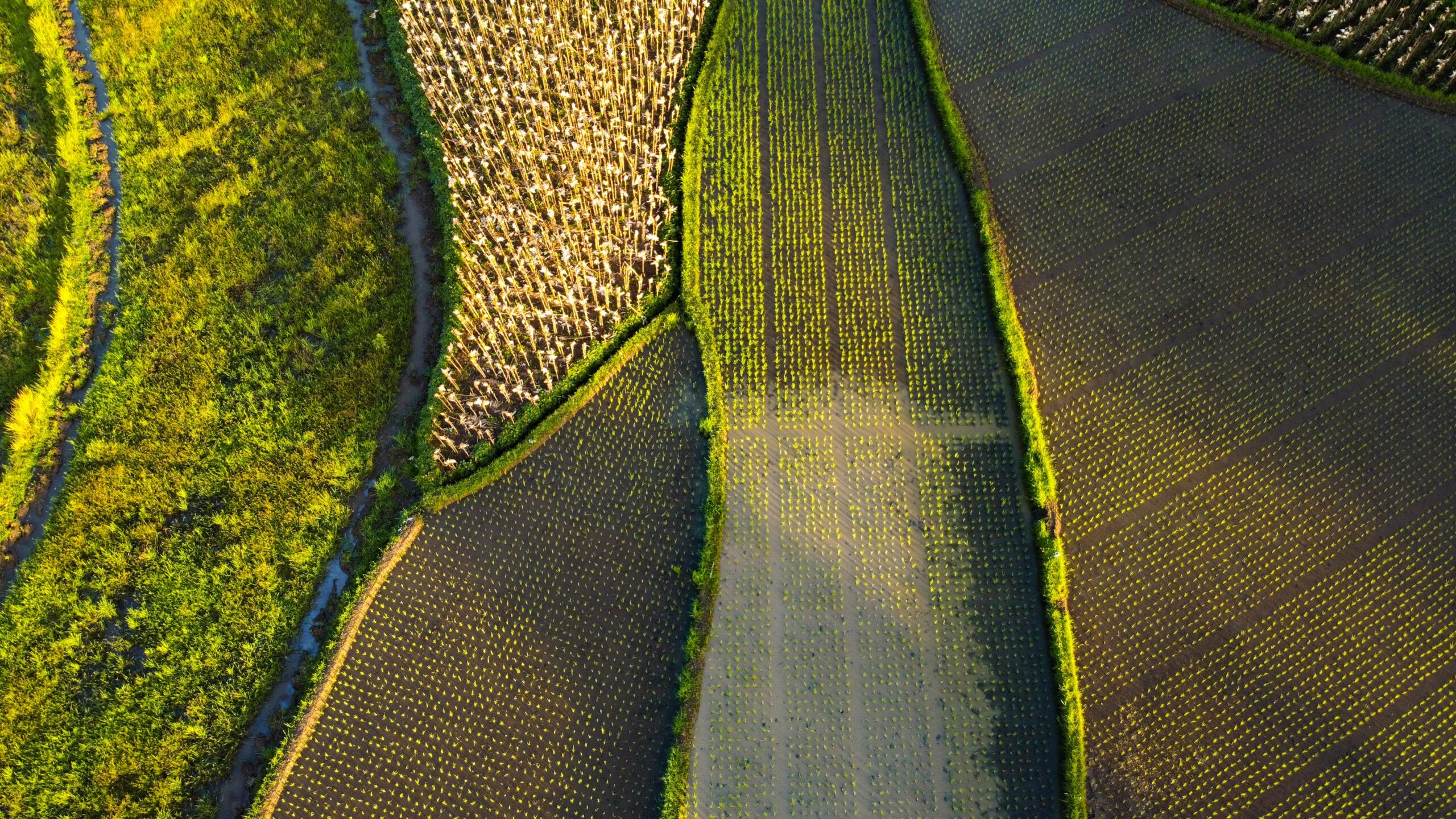

TEEBAgriFood: Embrapa – Sustainability at the table

Natural CapitalSocial and Human Capital
TEEBAgriFood: Embrapa – Sustainability at the table
 Brazil
Brazil
Details
This case study is a pilot case from TEEBAgriFood. Embrapa is the Brazilian Agricultural Research Corporation, a state-owned research business affiliated with the Brazilian Ministry of Agriculture. In the first phase, a researcher applied the TEEBAgriFood evaluation framework and business guidelines with Nuu Pão de Queijo, a small and medium company. The chosen context of the Embrapa case is the Minas Gerais Brazilian Estate, which is responsible for more than 25% of the national production of raw milk; where most of the production is located in the Cerrado biome. In this region, the main soil use is agriculture and grazing and more than 75% of producers in this state are family farmers. The region is also recognized as an Immaterial Heritage of Brazilian Culture with a geographical indication for well-known “cheese minas artisanal”. The main objective of the assessment is to evaluate the impacts and externalities caused by the dairy farming chain on natural capital, to highlight opportunities to reduce GHG emissions during cheese production. The assessment’s opportunities identified are to highlight the interconnections and dependencies within the milk value chain system, including an accounting system for input of ecosystem services.Outcome
The study is under conclusion to include a field verification process and model calibration. The preliminary results show that natural capital is the most negatively impacted by the externalities generated by the milk production process. However, the restoration of degraded pastures in Cerrado Mineiro has the potential to mitigate 5.8 million tons of carbon per year. A strategy to reverse natural capital degradation is investments in human capital, offering capacity-building opportunities to producers, upskilling and transferring knowledge to them on soil and water conservation. The assessment also shows the need to integrate the federal, state and municipal governments’ actions to induce programs that promote the adoption of soil and water conservation practices specific to each producer profile. In the near future, the long case study will be published and its results will inform other Embrapa and Ministry of Agriculture project activities.Stakeholder group
Business
Sector of focus
Food and beverage
Valuation
Quantitative
Natural captital issues
Fresh waterLand and soilClimate and energyOther air emissionsWaste
Social and human capital issues
Labor relations
Value perspective
Business and Society
Impacts and/or dependencies
Impacts and Dependencies


TEEBAgriFood: Yunnan Astral ESG Investment (ASTRAL)

Natural Capital
TEEBAgriFood: Yunnan Astral ESG Investment (ASTRAL)
 China
China
Details
This case study is a pilot case from TEEBAgriFood. ASTRAL ESG is an investment company active in agri-food systems. They work directly with local farmers and indigenous communities, buying food from them. The company is based in Yunnan, China’s most biodiverse, and most ethnically diverse, province. Working in this unique landscape context motivated ASTRAL to identify where their activities create impacts or rely on specific dependencies, such as biodiversity preservation and cultural diversity.ASTRAL decided to conduct a natural capital assessment to better understand and value their positive impact on biodiversity and natural capital and to contribute to a more comprehensive account of their ecological assets. The objective of the assessment is to quantify enhanced natural capital in the Demonstration Zone and prove the value of ASTRAL’s regenerative soil strategy to both investors and consumers. Soil regeneration will help support the transition to low-carbon agriculture, mitigate nature loss and preserve biodiversity, all of which are increasingly important for investors. At the same time, consumers can be educated on the importance of biodiversity, as well as the agricultural techniques and products that do not cause it harm.
Outcome
In relation to ASTRAL’s objectives for their natural capital assessment, the key takeaways from the results so far include: ASTRAL’s soil regeneration strategy produces tangible results to both farm productivity and natural capital condition, and this can be communicated to target further investment. Natural capital risks and opportunities have a significant impact on the food and agricultural system. The opportunity to invest in soil remediation led to increased benefits for both nature and society. At the same time, the risks associated with global climate change halted progress and are forecasted to worsen. The destruction of ecosystems brought on by global climate change and associated severe weather events has dealt a huge blow to agriculture. ASTRAL anticipate soil fertility to continue to decline year after year. Overall, ASTRAL found that the TEEB Agrifood natural capital assessment framework complements ESG investment guidelines and helps identify quality projects that contribute to biodiversity conservation.Stakeholder group
Business
Sector of focus
Food and beverage
Valuation
QualitativeQuantitativeMonetary
Natural captital issues
Fresh waterLand and soilClimate and energyBiodiversity
Value perspective
Business
Impacts and/or dependencies
Impacts and Dependencies


Novartis & WifOR Institute – Exploring the Social Impact of D&I

Social and Human Capital
Novartis & WifOR Institute – Exploring the Social Impact of D&I

Details
The purpose of this case study is to examine the relationship between diversity and inclusion and more importantly, prepare the grounds for a social impact framework for diversity, inclusion and employee well-being. As recognized leaders in Impact Valuation, Novartis and WifOR Institute suggest with this case study new impact pathways for diversity, inclusion, and employee well-being in the business environment. The explorative study sheds some light on how companies can connect their diversity and inclusion initiatives to their impact on society statements.Outcome
The explorative case study proved how interdependent the topics of diversity, equity and inclusion are. Furthermore, the study analyzed descriptively to what extent the inclusion of employees at Novartis influenced their well-being (utilizing absenteeism as a proxy). Based on the findings from the literature review, the correlation analysis of D&I and the considerations regarding absenteeism, the framework for two impact pathways (value to society) was developed. Going forward, these can be applied to monetize the social impact of absenteeism or turnover.Stakeholder group
Business
Sector of focus
Multi-sector
Valuation
Quantitative
Organizational focus
Corporate
Social and human capital issues
Inclusion and diversity
Type of application
Corporate
Value chain
Direct operations
Value perspective
Business and Society
Impacts and/or dependencies
Impacts and Dependencies


Barcelona City Council – Nature Plan 2021-2030

Natural CapitalSocial and Human Capital
Barcelona City Council – Nature Plan 2021-2030
 Spain
Spain
Details
The ‘Pla Natura’ Barcelona is a strategic vision of the city in the year 2050. The objectives of the nature plan are to increase the city’s green infrastructure, especially those for adaptation to climate change and access to urban nature. Consolidate ecological and nature management. Conserve and promote biodiversity, protecting species and improving habitats and their connectivity. Increase knowledge, enjoyment and care of urban nature, and facilitate and promote citizen involvement in its care and conservation.Outcome
To achieve the goals set out in The Plan, it is split into a series of Action Programs from 2021-2025. This includes one hundred projects, ten of which being priority projects. Increase 160 hectares of green space per inhabitant, increased naturalized surface by 100 hectares and creation of 10 biodiversity refuges.Stakeholder group
Government
Sector of focus
Government
Valuation
QualitativeQuantitative
Natural captital issues
Land and soilClimate and energyBiodiversity
Social and human capital issues
Access to land and cultureSkills and knowledge
Value perspective
Society


Brazil Government – Environmental-Economic Accounting for Water

Natural Capital
Brazil Government – Environmental-Economic Accounting for Water
 Brazil
Brazil
Details
The ministry of the Environment wanted to carry out Environmental-Economic accounting for water use, which would integrate physical indicators with monetary indicators, creating conditions to influence actions and public policies when it comes to water management.Outcome
The first Environmental–Economic Accounting for Water results for Brazil are presented for the period between 2013 and 2015, and include the Asset, Physical and Hybrid Supply and Use Tables, as well as Indicators. The results present strategic information that aim at supporting sectoral planning and management actions, economic and water resources actions, by diagnosing how the water is used by the Brazilian economic sector, such as how pressures made by economic activities affect water stocks, and availability of water resources, water use for human activities, and water intensity and productivity associated with water.Stakeholder group
Government
Sector of focus
Multi-sector
Valuation
Monetary
Natural captital issues
Fresh water
Value perspective
Business and Society


APRIL and Asian Agri – Impact measurement of business activities

Natural CapitalSocial and Human Capital
APRIL and Asian Agri – Impact measurement of business activities
 Indonesia
Indonesia
Details
April aimed to measure its primary contributions to local stakeholders and impacts on poverty reduction. One of the key drivers of the study was to establish and nurture relationships with local communities in order to maintain each company’s social license to operate. By acting on the results of the study, the company aims to further improve this business-enabling environment in the medium to long term.Outcome
The process helped April to develop a methodology for measuring their contributions to stakeholders in a systematic way. It has also led to improved relationships with local communities. Going forward, APRIL and Asian Agri will also be looking at determining their overall contribution to the United Nations Sustainable Development Goals, mapping out how the impacts of their business activities contribute to the following SDGs- Responsible Production and Consumption (Goal 12), Climate Action (Goal 13) and Life on Land (Goal 15) were identified by APRIL as Core Goals. These are supported by what APRIL calls Catalytic Goals, through which it can have an exponential impact on surrounding communities. These goals are: Good Health and Wellbeing (Goal 3), Quality of Education (Goal 4), Clean Water and Sanitation (Goal 6), and Partnerships for the Goals (Goal 17). APRIL’s current community programs, operations were also analysed, and investments, as well engagement with a broad group of stakeholders including community representatives with the SDGs providing as a frame of reference. The next phase of the project involves developing a framework to measure APRIL’s baseline impact on selected targets under these priority goals.Stakeholder group
Business
Sector of focus
Forest Products
Valuation
QualitativeQuantitativeMonetary
Organizational focus
Corporate
Natural captital issues
WasteNoise and light disturbances
Social and human capital issues
Access to land and cultureEmployment and remunerationSkills and knowledge
Type of application
Corporate
Value chain
Direct operations
Value perspective
Society
Impacts and/or dependencies
Impacts


Brazil’s Ministry of the Environment – Assessment of Ecosystem Services in Fazendinha’s Environmental Protection Area

Natural Capital
Brazil’s Ministry of the Environment – Assessment of Ecosystem Services in Fazendinha’s Environmental Protection Area
 Brazil
Brazil
Details
This study aimed to evaluate the productive chains that represent the main sources of livelihood and income in the community, guide the maintenance of ecosystem services, and implement development strategies in Fazendinha’s Environmental Protection Area.Outcome
The ecosystems and biodiversity present in Fazendinha’s Environmental Protection Area provide a wide range of ecosystem services. The ecosystem services prioritized in this study were: quantity of water (provision); water quality (regulation); erosion control and soil fertility (regulation); scenic beauty and recreation (cultural). Four main economic activities: residential use, education and research, recreation and tourism and extraction– and their relations of dependence and impact on ecosystem services were analyzed. Results were used to identify areas for investment, opportunities for commercializing what is already being produced by the community and developing a management plan for the area.Stakeholder group
Government
Sector of focus
Government
Valuation
Monetary
Natural captital issues
Fresh waterLand and soil
Value perspective
Business and Society


Little Blue Research – Developing a Social Impact Assessment

Social and Human Capital
Little Blue Research – Developing a Social Impact Assessment

Details
Little Blue Research undertook a scoping assessment for a leading food and agriculture business to set out the steps required to undertake a social capital assessment for its cotton supply chain in Africa.Technical support was provided to understand the social impacts and dependencies of the cotton supply chain. This included identifying and designing valuation methods for the inputs and projects implemented by the client that have a social impact across the supply chain.
Outcome
To help the client understand their social impact, Little Blue Research produced detailed impact mapping for key impact areas of the cotton supply chain. Relevant data was also obtained from the client to produce a social impact data gap analysis summary. Recommendations were provided to the client including next steps for a future social capital assessment. Alongside this, Little Blue Research conducted research and assisted the client in implementing pilot approaches for valuation data related to farmer training, health impact and interest rate savings for microfinance associated with supply chain management. This is the start of the client’s social impact journey and this scoping assessment provided an initial indicative approach for undertaking a social valuation for aspects of the cotton supply chain in Africa. The proposed methods now need to be refined and data collection enhanced in future.Stakeholder group
Business
Sector of focus
Consumer Staples
Valuation
QuantitativeMonetary
Organizational focus
Product
Social and human capital issues
Employment and remunerationHealth and safetySkills and knowledgeValue chain relationships
Type of application
Product
Value chain
UpstreamDirect operations
Value perspective
Society
Impacts and/or dependencies
Impacts


Little Blue Research – Impact valuation for a food and beverage company

Natural CapitalSocial and Human Capital
Little Blue Research – Impact valuation for a food and beverage company

Details
Little Blue Research supported the development of an impact based framework and produced valuations for material environmental and social factors across the client’s entire global value chain. The work was undertaken in collaboration with a strategy consultancy.The framework was developed to link the client’s impact with its business actions and different stakeholder groups.
Outcome
Little Blue Research undertook a peer review of the initial measurement approach, and stakeholder and impact mapping across the client’s entire value chain. Materiality criteria were then designed to ensure the inclusion of environmental and social impacts, and to identify dependencies in the supply chain. Indicative impact and dependency valuation was undertaken across human, social and natural capitals. Input was provided into ongoing development of the client’s company-wide measurement methodology and sustainability strategy. The client publicly released commitments relating to regenerative agriculture based on the outputs of this collaborative project. This project provided input into determining relevant company targets & indicators for measurement and updating the client’s strategy.Stakeholder group
Business
Sector of focus
Food and beverage
Valuation
QualitativeQuantitativeMonetary
Organizational focus
Corporate
Natural captital issues
Fresh waterLand and soilClimate and energyOther air emissionsBiodiversityMarine and coastalWasteMaterials and resources
Social and human capital issues
Employment and remunerationSkills and knowledgeValue chain relationships
Type of application
Corporate
Value chain
UpstreamDirect operationsDownstream
Value perspective
Business and Society
Impacts and/or dependencies
Impacts


Natural capital and the Spanish energy sector

Natural Capital
Natural capital and the Spanish energy sector

Details
Eight leading Spanish companies of the energy sector – Cepsa, EDP España, Enagás, Endesa, Iberdrola, Naturgy, Redeia and Repsol – have worked collaboratively for three years, coordinated by Azentúa and Ecoacsa, to agree on a common terminology, framework and methodology for the identification and valuation of natural capital, applicable to the global energy industry.The work developed is framed within The Spanish Hub’s – Natural Capital Factory’s Sector Groups and is summarised as:
– A sectoral document on the energy and natural capital nexus, which includes the specific impacts and dependencies of the Spanish energy sector on natural capital.
– A matrix by sector and by technology of the impacts and dependencies from nature of the activities of electricity generation with renewable sources; electricity generation with non-renewable sources.
– A methodology for evaluating the degree of relevance that natural capital represents for the different activities and sub-activities that comprise the businesses of the member companies of the working group.
The application of the natural capital approach has been the focus of the joint work developed, and the instrument chosen for its application has been the Natural Capital Protocol.
Outcome
The analysis carried out to identify the ecosystem services most relevant to the businesses of the eight companies in terms of impacts (negative and positive). Dependencies were evaluated considering three levels of materiality: high, medium and low. The activities and sub-activities were evaluated such as, but not limited to, electricity generation, management of gas infrastructure, exploration and production of oil, gas and petrochemicals. The report summarises the negative impacts, positive impacts and dependencies. The path followed has allowed the organizations to obtain qualitative and generic results that facilitate the development of case studies and organisational valuations of natural capital. The results obtained are a first approximation, qualitative and consensual, for the approach to natural capital approaches.Stakeholder group
Business
Sector of focus
Energy
Valuation
Qualitative
Organizational focus
Corporate
Natural captital issues
Fresh waterLand and soilClimate and energyOther air emissionsBiodiversityMarine and coastalWasteMaterials and resourcesWell-being and spiritual/ethicalNoise and light disturbances
Type of application
Corporate
Value perspective
Business and Society
Impacts and/or dependencies
Impacts and Dependencies


Yorkshire Water – Our contribution to Yorkshire: Annual impact and public value report

Integrated Capitals
Yorkshire Water – Our contribution to Yorkshire: Annual impact and public value report
 United Kingdom
United Kingdom
Details
Yorkshire Water have produced a report that presents the impacts on the six capitals (financial, manufactured, natural, human, intellectual, social) of the financial year 2021-2022. Yorkshire Water carries out this reporting annually by completing a capitals assessment. The purpose of the report is to measure the companies progress towards achieving their purpose of making Yorkshire a brilliant place to be – now and always. It highlights both the positive and negative impacts of the companies activities and enables them to communicate these impacts to their stakeholders.Outcome
As Yorkshire Water matures it’s thinking about the six capitals, they aim to embed the approach further into the operational business decision-making processes. The reporting enables the company to take a balance view on competing priorities and make informed decisions on the costs and benefits. Therefore, this will lead to measurable differences in shaping what Yorkshire Water does to grow positive outcomes for Yorkshire and reduce the negative impacts. Yorkshire Water will continue to report on the progress and performance in future reports. To enable scrutiny and build trust with stakeholders and interested parties.Stakeholder group
Business
Sector of focus
Utilities
Valuation
QualitativeQuantitativeMonetary
Natural captital issues
Fresh water
Value perspective
Business and Society
Impacts and/or dependencies
Impacts and Dependencies


Guaranteed Price Policy – Sustainable production from forests

Natural Capital
Guaranteed Price Policy – Sustainable production from forests
 Brazil
Brazil
Details
The Guaranteed Price Policy provides incentives for producers of nature-based products, thus contributing to the sustainable use of forests and maintaining the benefits generated by them. The study aimed to incorporate an additional environmental component into the Guaranteed Price Policy by identifying the maximum value that society would be willing to pay for the maintenance of the ecosystem services generated by sustainable production from forest compared to alternatives.Outcome
The study identified the appropriate amount for the additional compensation for the payment for environmental services (PES) provided by suppliers from estimating the value of benefits to society that are generated by the activity. The possibility of implementing this type of incentive is still being studied by federal government.Stakeholder group
Government
Sector of focus
Forest Products
Valuation
Monetary
Natural captital issues
Land and soil
Value perspective
Business and Society


Goondicum Station – Environmental Accounting Project

Natural Capital
Goondicum Station – Environmental Accounting Project
 Australia
Australia
Details
Goondicum Station is an iconic 7000-hectare grazing property in the headwaters of the Burnett River catchment, Queensland, Australia. At its centre is a volcanic crater, which has created a unique environment, with highly productive soils that support a beef cattle enterprise alongside thriving native ecosystems. The owners of Goondicum are committed to sustainable land management practices that are founded on the belief that grazing and nature can co-exist.Goondicum aims to preserve the natural environment and wildlife as much as possible, which enhances the productivity of their grazing enterprise, making both environmental and economic sense. To document the outcomes of their land management approach, Goondicum Pastoral Co. worked with the Burnett Mary Regional Group and Accounting for Nature Ltd to develop a holistic Environmental Account, using the Accounting for Nature® Framework, covering the native vegetation, fauna, and soils of this unique property.
The purpose of the environmental account is to document the condition of key environmental assets, to inform sustainable management of their property, and to communicate positive environmental outcomes to other graziers, the community as well as the European Union and Australian premium beef markets.
Outcome
The first year of environmental data collection at Goondicum Station documented an ecosystem in excellent condition despite drought conditions at the time of survey. Native vegetation, soils and fauna were assessed by ecologists and Goondicum staff using Accounting for Nature accredited methods between September 2021 and April 2022. Long-term monitoring sites were established at 70 locations, designed to capture the diversity of vegetation communities, soils and fauna habitat types found across the property. • An Econd® of 71.2 was recorded for native vegetation. An Econd® of at least 75 was recorded for all four native vegetation assessment units, with cleared areas accounting for the reduced overall score. • An Econd® of 82.9 was recorded for terrestrial mammals, indicating that this element of the fauna at Goondicum Station is mostly intact, which is an extremely encouraging finding, given the significant declines experienced by wildlife populations across most of Australia since European colonisation. • An Econd® of 95.5 and a Pcond of 80.0 were recorded for soils, indicating that soils are in excellent productive and ecological condition. The high Econd® and Pcond values recorded at Goondicum Station in this baseline year demonstrate that a sustainable grazing enterprise can operate alongside a healthy ecosystem that supports populations of native species. In coming years, the Campbells aim to include additional environmental assets in the Goondicum Station Account, including birds and freshwater ecosystems.Stakeholder group
Business
Sector of focus
Food and beverage
Valuation
Quantitative
Organizational focus
Project
Natural captital issues
Land and soilBiodiversity
Type of application
Project
Value chain
UpstreamDirect operationsDownstream
Value perspective
Business and Society
Impacts and/or dependencies
Impacts and Dependencies
The Coalition drives impact through collaborative work programs as well as global partnerships and alliances.
Global Commons Alliance
The Capitals Coalition are members of the Global Commons Alliance, a global partnership between more than 50 of the world’s leading organizations in the fields of philanthropy, science, environment, business, cities and advocacy. Together we scale science-based action to protect people and planet.
Business for Nature
The Capitals Coalition are founding partners of the Business for Nature Coalition, a global coalition demonstrating business action and amplifying a powerful private sector voice calling for governments to reverse nature loss in key international agreements.
Global Goal for Nature
Capitals Coalition is one of 22 leading non-governmental and intergovernmental organizations who have come together to develop a Global Goal for Nature and to drive ambition in governments, business and society to halt and reverse the loss of nature by 2030.
High-level Business Actions on Nature
Capitals Coalition, in collaboration with Business for Nature, WBCSD, TNFD, Science Based Targets Network, WEF and WWF, have developed actions to provide companies with the key actions they can take to signal they are making meaningful contributions to help reverse nature loss.
Value Accounting Network
The Value Accounting Network advances the role of value accounting in decision-making, governance and disclosure. The members of the Value Accounting Network collaborate, harmonize and build consistency in the value accounting space and in how it is applied within organizations.
Taskforce on Nature-related Financial Disclosures
Capitals Coalition is a knowledge partner of the Taskforce on Nature-related Financial Disclosures (TNFD) supporting its task of developing a risk management and disclosure framework for nature-related risks. This framework will provide companies and investors with decision-useful information to help shift the flow of global capital to nature-positive outcomes.
Capitals Hubs
The Capitals Hubs are formed by communities of practitioners that develop and scale the capitals approach within specific regional or national contexts or within industries or sectors.
Join the Coalition
Become part of a dynamic global collaboration of leaders and leading organizations who have united around a purpose-driven ambition.
Sign-up for updates
Benefit from the Coalition’s unique overview of the capitals approach and community, gain insights into the latest thinking and developments and receive newsletters and project updates.
Collaborate
Collaborate and connect through our new LinkedIn Community Group Valuing what matters. Build relationships within the community, collaborate with peers, explore challenges and opportunities and co-create solutions in a pre-competitive forum.
